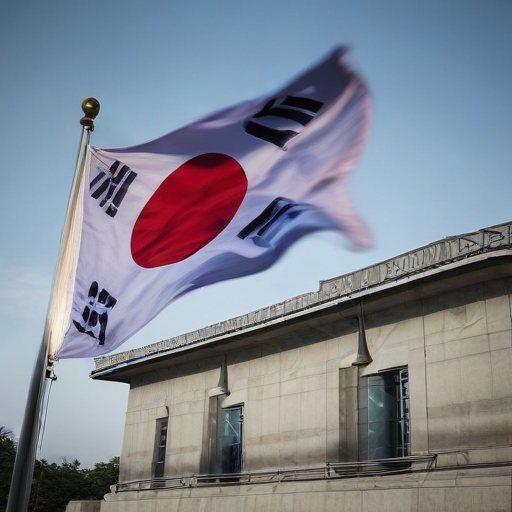In an unprecedented move, South Korean President Yoon Suk Yeol declared martial law for the first time in nearly five decades amid intensifying political challenges. This late-night announcement, made during a national broadcast, cited threats from North Korea and the need to maintain national security as justifications for the decision. However, critics quickly pointed out that Yoon’s declaration appeared to be an attempt to counter mounting political pressure resulting from a series of recent setbacks.
President Yoon described the need to combat “anti-state forces” during his address, which initiated the temporary military rule. This led to the deployment of troops at key governmental locations, including the National Assembly. The military moved to impose restrictions on public gatherings and took control of media outlets. However, the declaration was met with swift backlash from political opposition, who deemed the measure unconstitutional. Even within Yoon’s conservative People’s Power Party, there were calls labeling the declaration as “the wrong move.”
In response to the president’s announcement, main opposition leader Lee Jae-myung rallied party members and citizens to protest outside the parliament, urging people to reject martial law. Thousands gathered outside, chanting against the declaration, and while tensions flared, they managed to avoid significant violence. Hours later, the parliament convened and voted overwhelmingly against the martial law, ruling it invalid with 190 members present.
Historically, martial law is a reflection of extreme political crises; the last occurrence in South Korea was in 1979. Considering that South Korea transitioned to a parliamentary democracy in 1987, Yoon’s actions have raised considerable alarm regarding potential threats to civil liberties. The president’s hardening stance against North Korea and labeling of political opponents as sympathizers have further polarized the political landscape.
Since taking office in May 2022, Yoon has faced increasing challenges, particularly following the opposition’s sweeping victory in the April elections, which curtailed his influence in parliament. Amid corruption allegations and public scrutiny surrounding his administration, the political climate has contributed to a decline in his approval ratings. Recently proposed budget cuts from opposition parties presented further obstacles, prompting Yoon to take drastic measures to hold onto power.
Looking forward, the situation remains volatile. The swift action of South Korea’s parliament serves as a testament to the resilience of its democratic institutions and gives hope that civil liberties will continue to be upheld. The collective response from the populace reflects a strong commitment to democratic values and an unwillingness to accept authoritarian measures. As the political arena evolves, it will be crucial for leaders on all sides to engage in constructive dialogue to restore stability and trust within the government.
